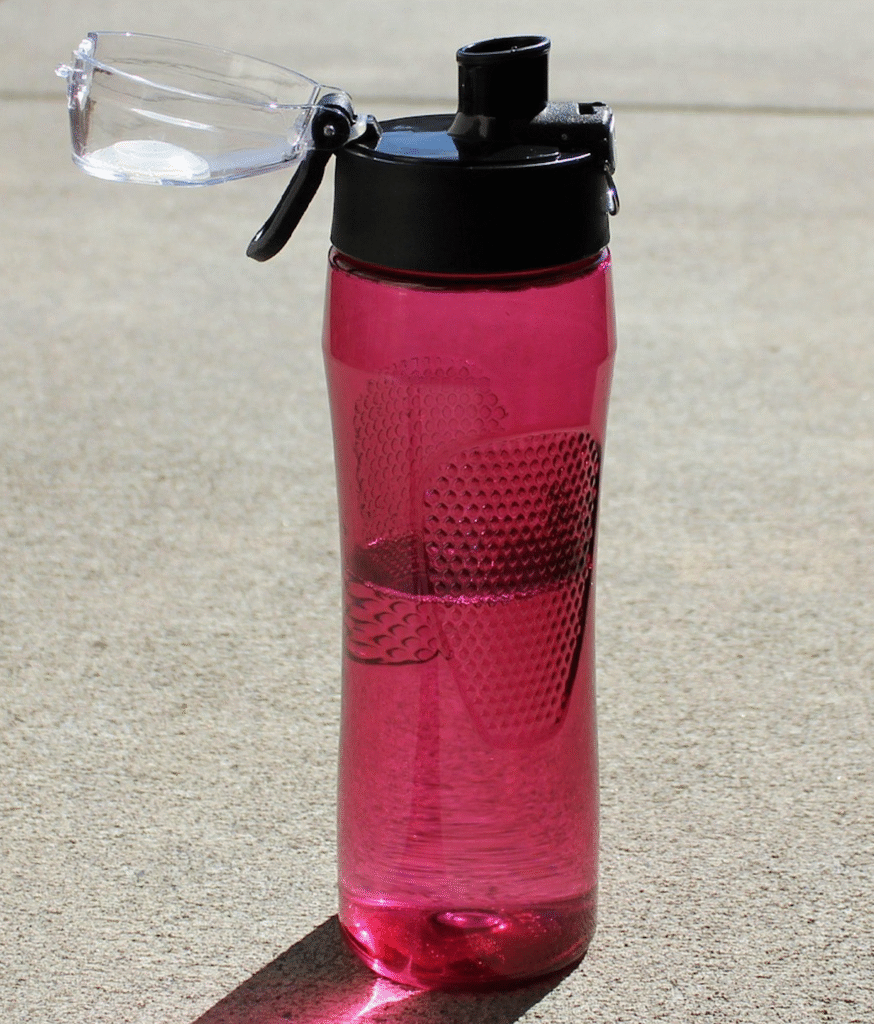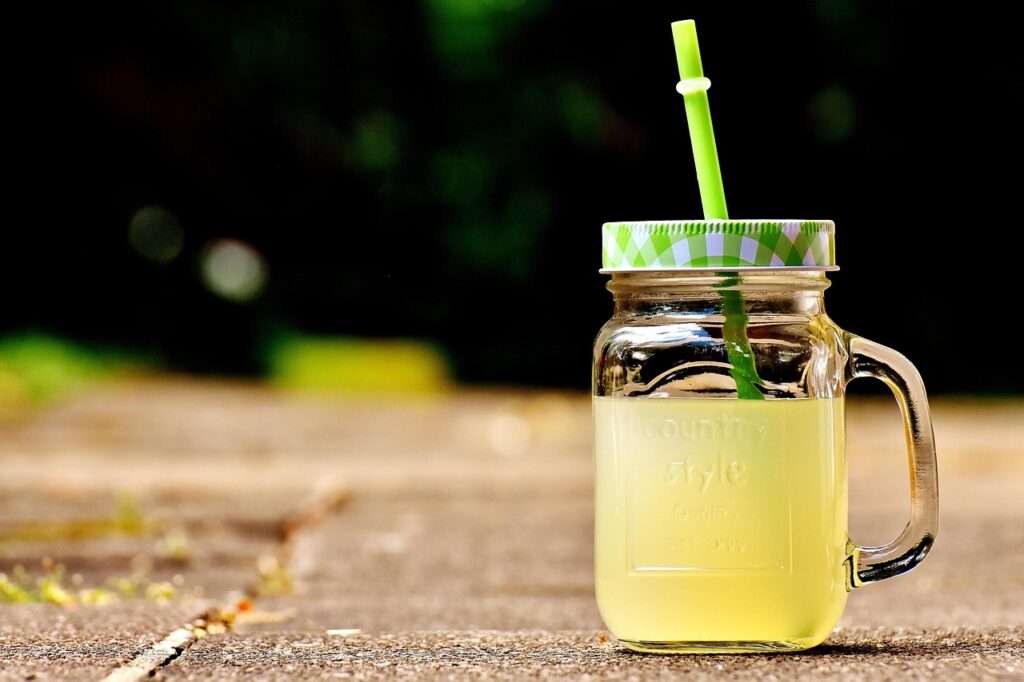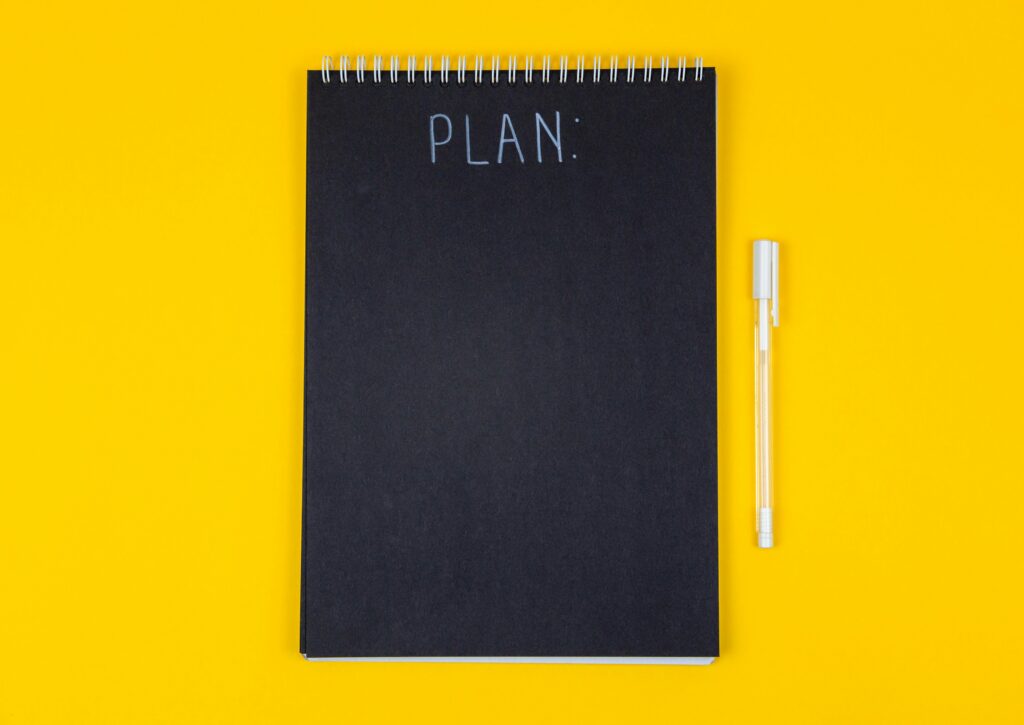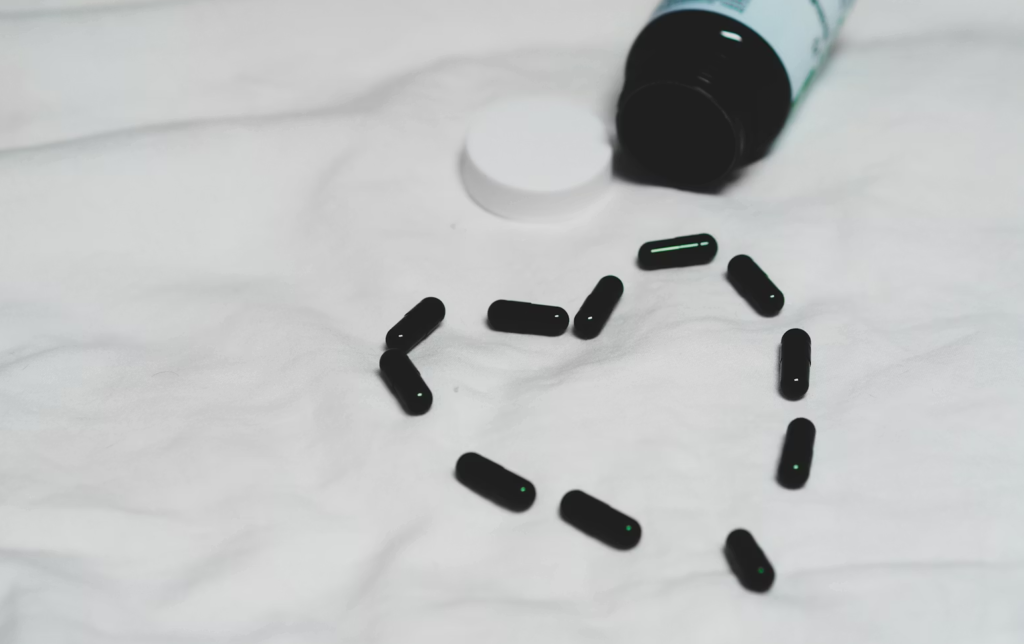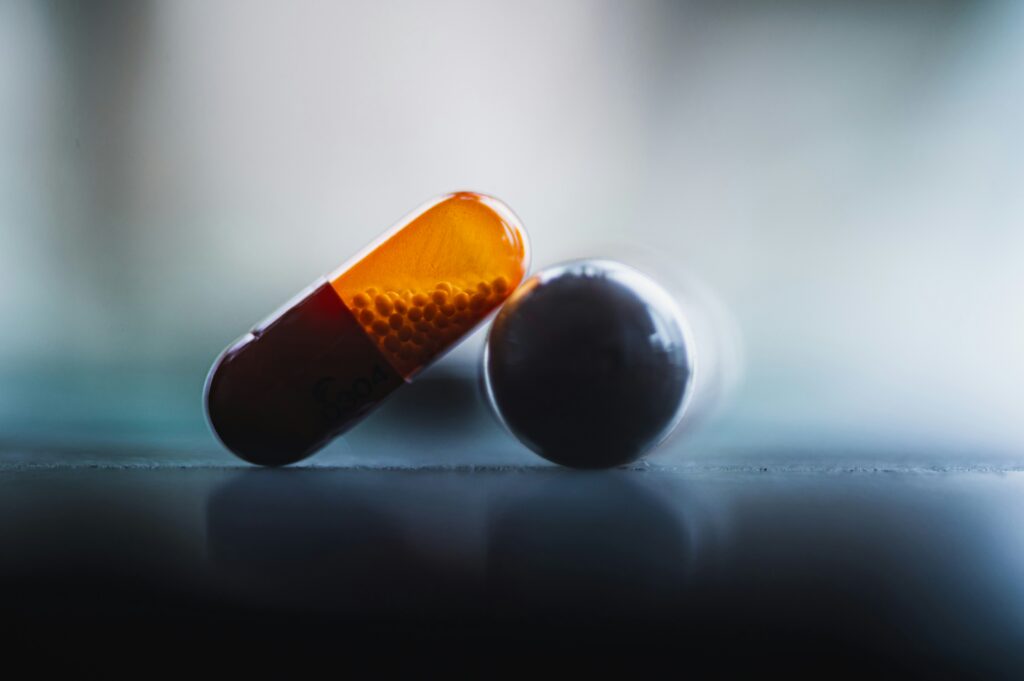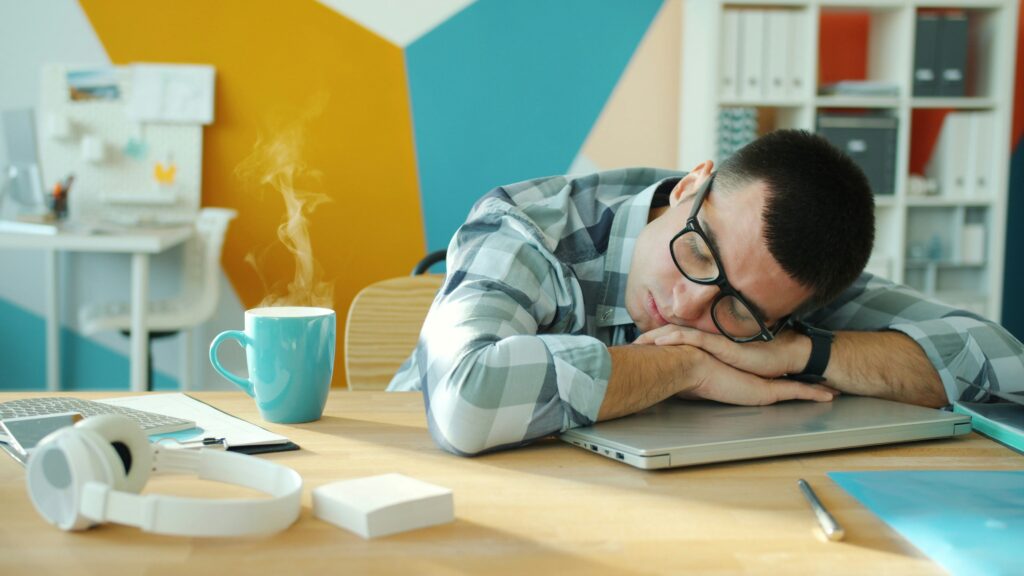Electrolytes are more than just a buzzword you see on sports drink labels – they are essential minerals that keep your body running smoothly. Without the right balance of electrolytes, everything from your energy levels to your brain function can take a hit. Whether you’re sweating it out at the gym, recovering from illness, or just trying to stay hydrated in the summer heat, electrolytes play a critical role in keeping you healthy.
In this post, we’ll break down exactly what electrolytes are, why they matter, and the top things you need to know to keep them balanced. You’ll learn how they work, the signs of imbalance, the best sources to replenish them, and how they affect your overall health. Let’s dive into the science and the simple, everyday tips you can start using today.
What Are Electrolytes?
Electrolytes are minerals that carry an electrical charge when dissolved in fluids like blood, sweat, and urine. The most important electrolytes include sodium, potassium, calcium, magnesium, chloride, phosphate, and bicarbonate.
These minerals are vital for many bodily functions, including:
- Hydration – They help balance fluid levels inside and outside your cells.
- Nerve function – They allow signals to travel between nerves and muscles.
- Muscle contraction – They help muscles, including your heart, work properly.
Think of electrolytes as the body’s communication and energy system – they ensure everything runs smoothly. When you lose electrolytes through sweat, illness, or dehydration, your body’s systems can quickly become less efficient.
Why Electrolytes Are So Important
Your body depends on a delicate balance of electrolytes to function at its best. Even small imbalances can cause noticeable changes in your mood, energy, and performance. For example, a drop in sodium can cause headaches and fatigue, while low potassium might lead to muscle cramps or irregular heartbeats.
Electrolytes also regulate your body’s pH level, ensuring that your internal environment stays within a healthy range. Without this balance, cells can’t function properly.
Athletes often experience the impact of electrolyte depletion after intense workouts, but you don’t have to be a professional athlete to feel the effects.
Even a mild case of dehydration on a hot day can trigger dizziness, confusion, and weakness – all signs your electrolytes are off balance.
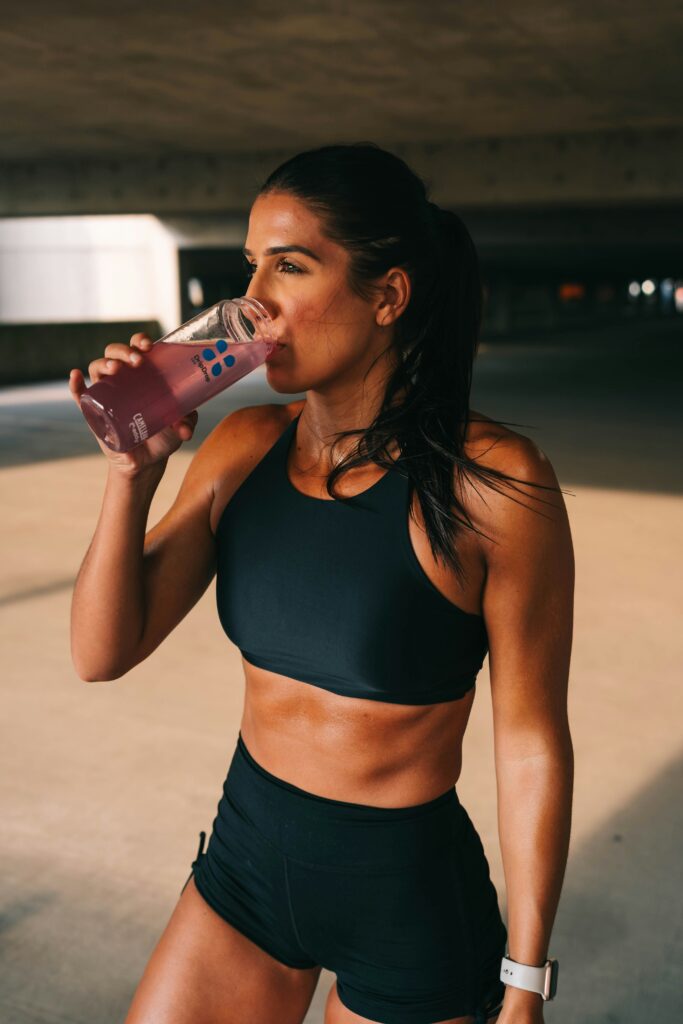
How You Lose Electrolytes
Electrolyte loss is a normal part of daily life, but certain situations make it more significant:
- Sweating during exercise
- Hot or humid climates
- Vomiting or diarrhea
- Certain medications (like diuretics)
Sweat contains sodium, potassium, and chloride, which are quickly depleted during physical activity. Illnesses that cause vomiting or diarrhea can rapidly drain electrolytes, leading to dangerous imbalances if not corrected.
That’s why replacing electrolytes is so important – not just water. Drinking plain water after intense sweating without replenishing minerals can dilute sodium levels, which may lead to a condition called hyponatremia.
Best Sources of Electrolytes
Replenishing electrolytes doesn’t have to mean drinking neon-colored sports drinks loaded with sugar. Many whole foods are excellent sources:
- Sodium – Table salt, pickles, olives
- Potassium – Bananas, sweet potatoes, spinach
- Calcium – Dairy products, leafy greens, fortified plant milks
- Magnesium – Nuts, seeds, whole grains
You can also find low-sugar electrolyte powders or drinks that contain balanced mineral blends. For most people, a diet rich in fruits, vegetables, and whole foods will provide enough electrolytes without needing supplements – unless you have special medical or athletic needs.
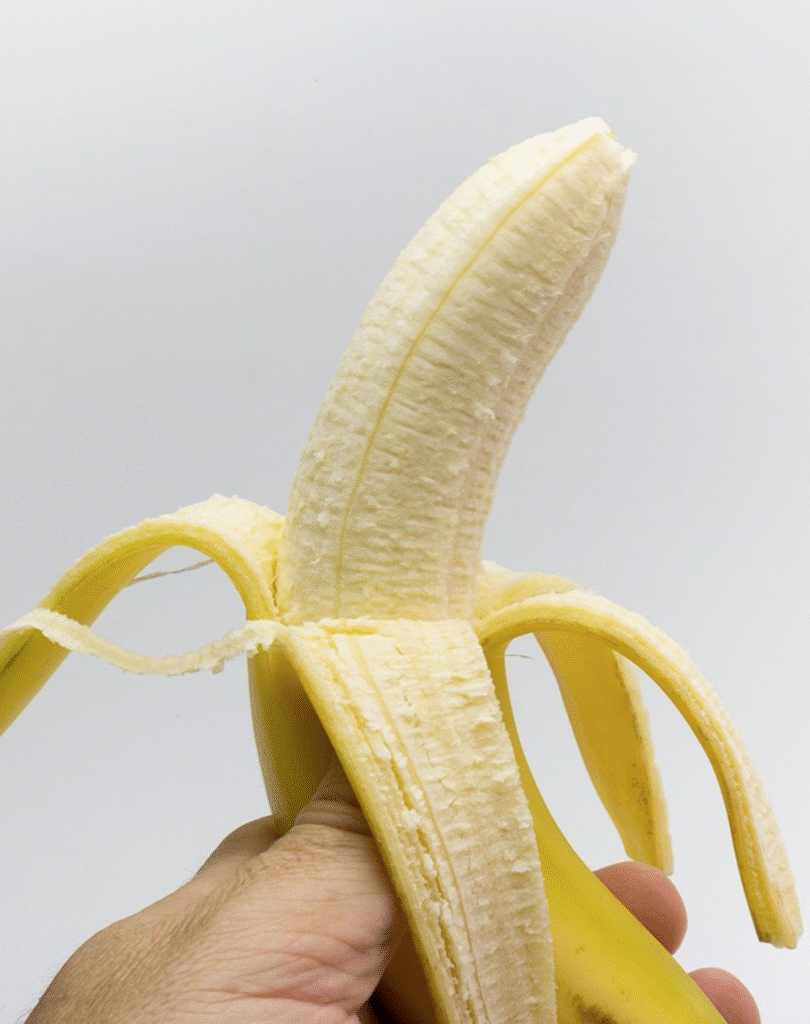
Signs of Electrolyte Imbalance
Your body often gives warning signs when electrolytes are too high or too low. Common symptoms include:
- Fatigue or weakness
- Muscle cramps or spasms
- Dizziness or lightheadedness
- Irregular heartbeat
- Confusion or mood changes
If symptoms are severe, such as chest pain, extreme weakness, or seizures, it can signal a serious electrolyte disturbance and requires immediate medical attention.
Mild imbalances can often be corrected with hydration and mineral-rich foods, but chronic or extreme cases should always be checked by a healthcare professional.
Electrolytes and Athletic Performance
For athletes, electrolytes are more than just a health concern – they’re a performance factor. During exercise, especially in hot weather, electrolyte loss can lead to reduced stamina, slower reaction times, and increased risk of heat-related illness.
Replacing lost fluids and electrolytes during prolonged activity is crucial for maintaining performance and preventing cramps. That’s why marathon runners, cyclists, and other endurance athletes often carry electrolyte drinks or gels during events.
Even casual exercisers benefit from paying attention to electrolyte balance, especially if workouts last longer than an hour or involve heavy sweating.

Electrolytes and Everyday Wellness
You don’t have to be in a gym to benefit from good electrolyte balance. Everyday factors, like working in a hot office, having a cold, or even traveling, can affect hydration and mineral levels.
Keeping electrolytes balanced supports:
- Steady energy levels throughout the day
- Clearer thinking and focus
- Better mood stability
- Healthy digestion and metabolism
By being aware of your body’s needs, you can prevent small imbalances from becoming bigger health issues.
frequently asked questions
1. Can you have too many electrolytes?
Yes. While low electrolyte levels are more common, excessive intake, especially from supplements, can be harmful. High sodium can raise blood pressure, and excess potassium can affect heart rhythm. Always aim for balance.
2. Are sports drinks the best way to get electrolytes?
Not necessarily. While they can be useful during intense exercise, many sports drinks are high in sugar and artificial ingredients. Whole foods and low-sugar electrolyte options are healthier for everyday use.
3. Do you need electrolyte supplements if you’re healthy?
Most healthy people get enough electrolytes from a balanced diet. Supplements are typically only necessary for athletes, people with certain health conditions, or those recovering from illness.
Final thoughts
Electrolytes are the body’s essential messengers, keeping your muscles moving, your heart beating, and your mind sharp. They’re vital for hydration, nerve signaling, and overall wellness.
By understanding how you lose electrolytes, recognizing the signs of imbalance, and knowing the best sources to replenish them, you can keep your body in top condition.
Whether you’re hitting the gym, working in the heat, or just staying active in daily life, keeping electrolytes balanced is key to feeling your best.
What is you choice for electrolytes? Do you take supplements or do you choose whole foods? Let us know in the comment section below!
